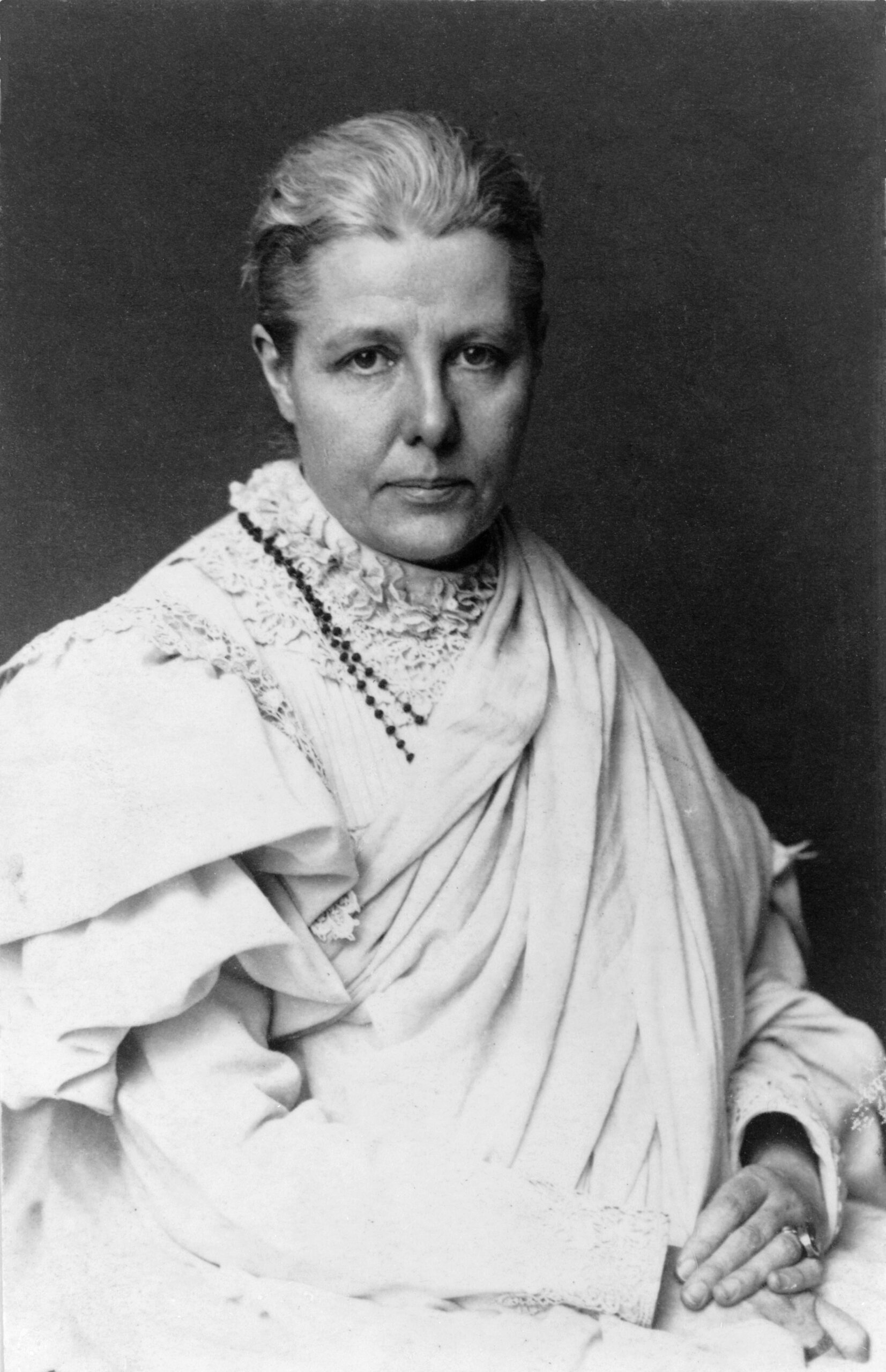
Annie Besant (born Oct. 1, 1847, London, Eng.—died Sept. 20, 1933, Adyar, Madras [now in Tamil Nādu, India]) was a British social reformer, sometime Fabian socialist, theosophist, and Indian independence leader.
Besant had been the wife of an Anglican clergyman. They separated in 1873, and Besant became associated for many years with the atheist and social reformer Charles Bradlaugh. She was an early advocate of birth control, and in the late 1880s she became a prominent Fabian socialist under the influence of George Bernard Shaw. Finally, in 1889, she was converted to the doctrines of the Russian-born religious mystic Helena Blavatsky, a cofounder of the Theosophical Society. The teachings of the society emphasized human service, a spiritual evolutionism drawn from both Eastern and Western esoteric philosophy, and the role of suprahuman masters of wisdom. Besant plunged vigorously into theosophical work, lecturing and writing widely. Her numerous books and articles are still considered among the best expositions of theosophical belief. She was international president of the Theosophical Society from 1907 until her death, residing principally at its headquarters in Madras. She was active in educational and humanitarian work in India and became involved in the Indian independence movement, establishing the Indian Home Rule League in 1916. She promoted her protégé, Jiddu Krishnamurti, whom she believed to be a potential world teacher, in the years before his renunciation of formal theosophy in 1929.
Books